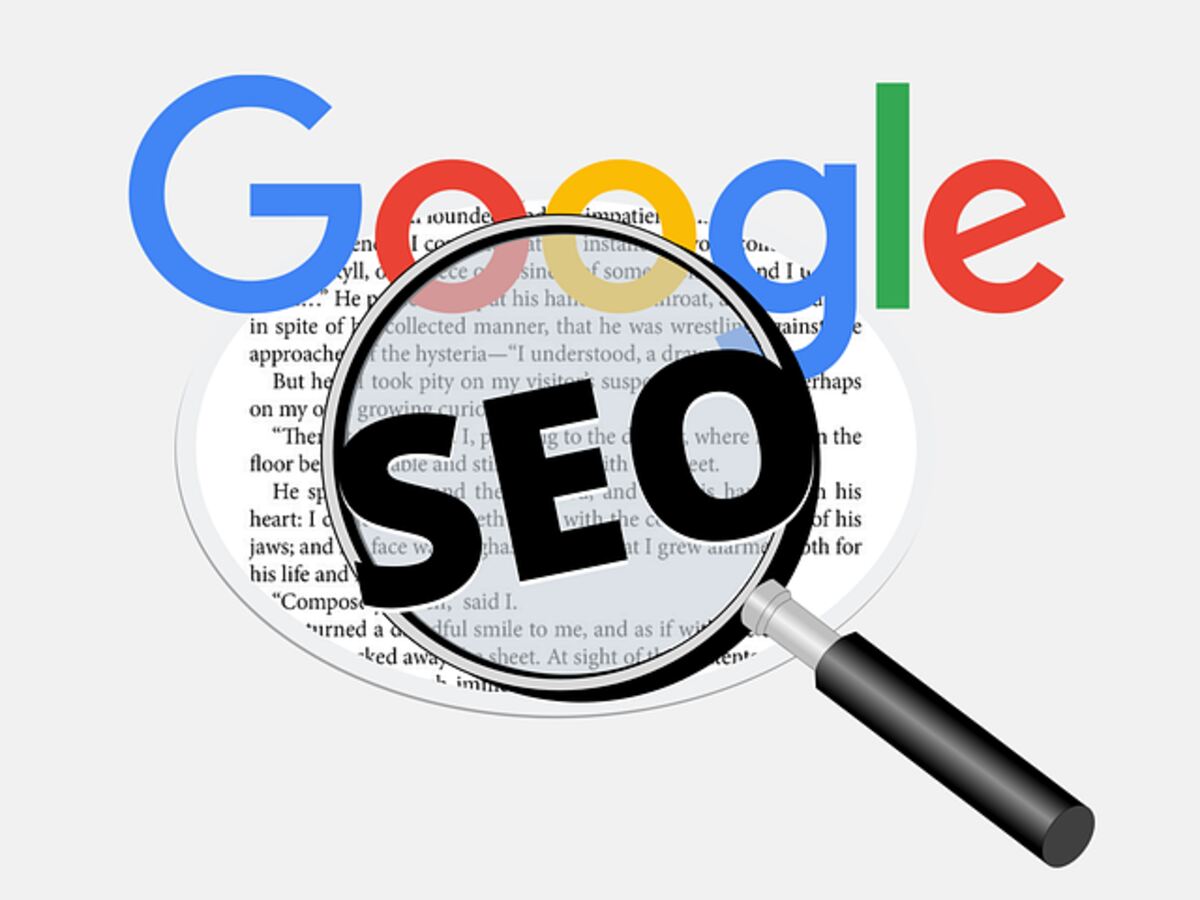Digital marketing techniques offer businesses of all sizes numerous advantages, from global reach and customer targeting capabilities to eliminating traditional barriers to entry. Find out the best info about digital marketing sacramento.
Setting measurable goals for your campaign enables long-term experimentation and growth to occur more quickly and permits testing out new strategies without breaking the bank.
Table of Contents
What is Digital Marketing?
Digital marketing refers to using online channels to market products or services and generate sales. It comprises various strategies and tactics, such as SEO, PPC advertising, social media marketing, content creation marketing, email marketing, and mobile marketing.
Digital marketing may differ depending on its form, yet all have several similarities. Each type aims to reach a target audience through various devices connected to the internet and inspire them to take actions that lead to sales, customers, or clients for your organization.
Digital marketing is more flexible and scalable than traditional methods, offering various commercial advantages such as reaching global audiences, raising brand awareness, and creating leads for businesses.
Prior to initiating any digital marketing strategies, you must identify your business goals. Do you hope to drive more sales or expand subscriber numbers? Having clear goals will allow you to determine which channels and techniques to employ, as well as create an appropriate budget plan.
Social Media Marketing
Digital marketing provides businesses of any size a means of reaching customers in many different ways, from building brand recognition and product promotions to reaching new audiences and increasing sales. Furthermore, it’s often less costly than traditional forms of promotion, making digital marketing an excellent solution for smaller or start-up companies.
Social Media Marketing, or SMM, involves using various social media platforms to distribute content and drive traffic back to a business’ website. SMM has become an indispensable component of digital marketing strategies due to its ability to target audiences based on demographics, location, and interests.
SMM can be most successful when guided by data. For instance, it is wiser to prioritize post reach and engagement over vanity metrics such as “likes.” Additionally, content marketing best practices should be adhered to; these include creating grammatically correct, error-free content that’s informative yet engaging and interesting for consumers.
Search Engine Optimization (SEO)
Search engine optimization (SEO) techniques aim to rank websites higher in a search engine results page (SERP) so searchers can more easily locate what they need – increasing traffic and conversions in turn.
SEO involves many variables that make it both an art and a science. Search engines use complex algorithms to scan through and “understand” the billions of web pages on the internet and then surface results tailored to match each query a user enters by considering factors like the context of search history, location, and device settings as well as any personal preferences the searcher might have.
SEO requires ongoing efforts to stay abreast of Google’s algorithm updates and understand searchers’ needs, which is why it’s crucial to enlist an experienced digital marketing agency with experience analyzing audiences and competitors and designing effective strategies that yield tangible results.
Pay-Per-Click (PPC) Advertising
PPC (pay-per-click) advertising enables businesses to bid on keywords relevant to their products and services so that their ads appear at the top of search engine results pages (SERPs) when people search for those terms. There are various forms of PPC ads, including search ads, dynamic search ads, shopping ads, app install ads, and others.
Establishing clear goals and objectives for your PPC campaigns will help ensure their success. Your objectives could range from increasing website traffic to driving sales online to generating leads. Having these specific targets will ensure they align with the overall marketing strategy and vision for the business.
Effective PPC management involves constant oversight and optimization. You can achieve this by monitoring the performance of your ads and making adjustments based on collected data. For instance, if one ad is performing poorly, you may wish to pause its campaign altogether to test new strategies—this way, you won’t waste your budget on something ineffective!
Email Marketing
Email marketing is one of the most efficient and effective means of reaching your target audience. It gives you the flexibility to target specific groups based on interests, demographics, or interactions with your brand. Email also makes it possible to measure and analyze results such as open rates, click-through rates, and conversions, helping you make data-driven decisions about marketing strategy.
Most digital marketers rely on email to nurture prospects and convert them into customers. They send regular emails with relevant information and offers, such as discounts or new product announcements. Emails should be optimized for mobile devices, with eye-catching visuals that draw the recipient in while having a clear call to action directing them back to their website or social media pages.
Keep in mind that email is a permission-based channel; people must opt-in to receive your emails by subscribing to your newsletter, webinar, or completing forms on your website. Sending unsolicited emails could result in unsubscribing from future emails sent by you or even unsubscribing altogether, damaging your brand reputation and potentially leading to lost potential customers.


